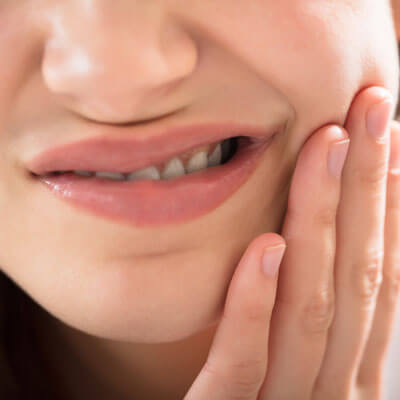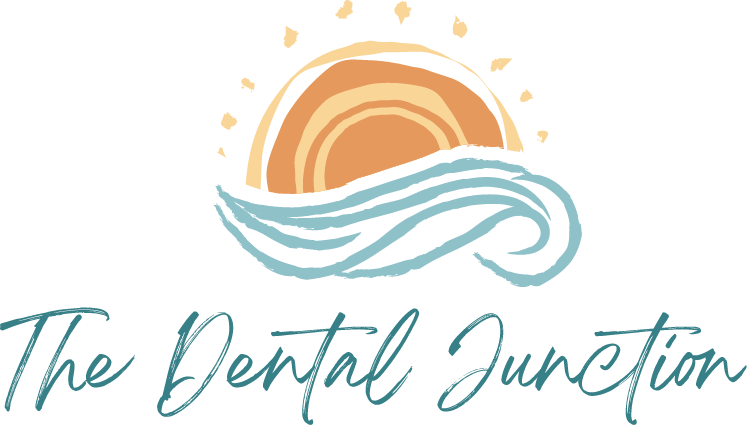Teeth Grinding in Noosa
 Bruxism, or habitual teeth grinding, can pose a serious risk to oral health. It can occur both during consciousness and sleep, often unnoticed.
Bruxism, or habitual teeth grinding, can pose a serious risk to oral health. It can occur both during consciousness and sleep, often unnoticed.
Recognising the Signs and Symptoms
Understanding and recognising the symptoms of bruxism is a key step towards timely intervention. Symptoms such as heightened tooth sensitivity, worn tooth surfaces, and broken teeth or restorations can indicate the presence of this condition. Additionally, experiencing jaw pain, headaches, and cheek biting might be indicative.
Impact on Dental Health, General Wellbeing and Aesthetics
The effects of bruxism are not limited to discomfort; they can lead to significant damage to your teeth. Constant pressure and friction can cause enamel wear, chipping, and cracking, compromising oral health. Also, the excessive force exerted can result in fractures in natural teeth and dental restorations such as fillings and crowns. Gum issues, including recession, further compound the oral health challenges created by bruxism.
Beyond its impact on oral health, bruxism also affects general wellbeing. The strain it puts on jaw muscles and joints can cause headaches, facial pain, and temporomandibular joint (TMJ) disorders. Sleep disruptions due to nocturnal bruxism affect not only the individual but also their sleep partner. Moreover, aesthetic concerns arise from tooth damage altering the appearance of your smile, underscoring the need for comprehensive management.
The Benefits of Mouthguards to Address Bruxism
Mouthguards or dental splints offer a protective solution against the harmful effects of bruxism. These custom-made oral devices, made from durable materials, serve multiple functions:
Absorbing Force and Protecting Teeth: Mouthguards help absorb excessive forces during grinding, evenly distributing pressure and reducing the impact on teeth. They function as shock absorbers, preventing wear, chipping, and enamel erosion.
Relaxing Jaw Muscles: By encouraging a relaxed jaw position, mouthguards help relieve muscle tension associated with bruxism. This can lead to reduced discomfort and fewer headaches.
Protecting Dental Restorations and TMJ: Mouthguards serve as a barrier, protecting dental restorations from damage. They also encourage a neutral jaw position, lessening strain on the temporomandibular joints and lowering the risk of TMJ disorders.
While mouthguards can alleviate the physical effects of bruxism, it’s important to remember that they do not address the root causes. Comprehensive treatment might involve stress management and orthodontic correction. Regular maintenance and proper hygiene practices ensure the long-term effectiveness of mouthguards in preserving oral health.
Schedule an Appointment Today
Protect your smile from damage. Reach out to The Dental Junction today to book an appointment!
* Any surgical or invasive procedure carries risks. Before proceeding, you should seek a second opinion from an appropriately qualified health practitioner.


